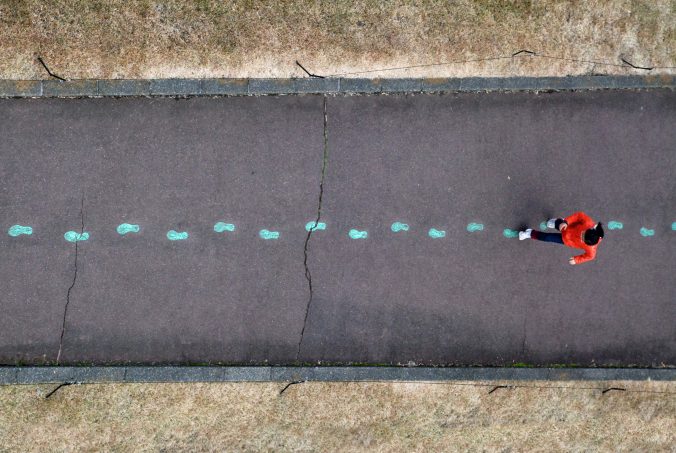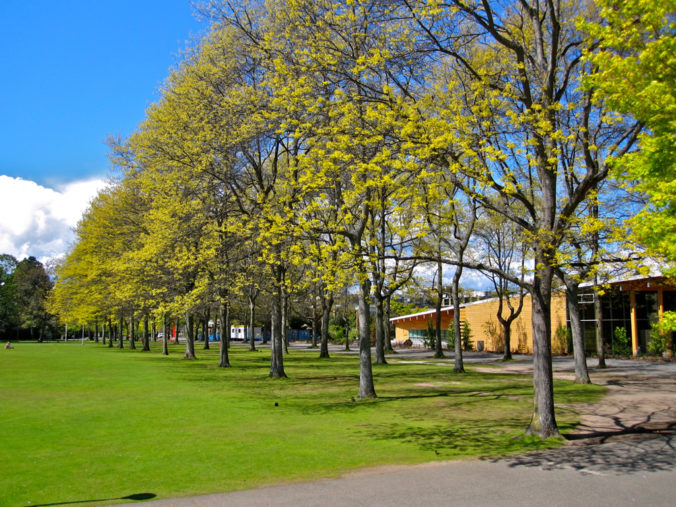What does it mean to network using social media?
As the development of technology, social media becomes more and more important in our life. Using social media creating network among people helps us adding new people to gain further knowledge resources for when they are needed, keeping in touch with relevant people and activating connections with select people to allow for new learning,(Nardi, et al., 2000; Nardi, et al., 2002). It’s a way for people to get a continuous stream of knowledge and space to exchange ideas. It helps people get connections between each other.
How are we motivated to participate in networked publics?
The main aim for us to participate in networked publics is getting academic and experienced information, at the same time, connecting with people. So using public network could help you getting latest information and enhance your performance in your fields. If you don’t participate in network in today’s social environment, you would miss a lot of chances to get information and your progress would be slower than others.
What are the risks & rewards of public communications?
When we talking about the risk of public network, personal Information leakage
first come out in our mind. It is true that we can not make sure the safety of internet 100 percent. Also among various information, there are often some false information. Having the ability of judgment is important. The last point is network violence. It gets more and more common nowadays. Some people would make some negative comments on you based on some false information.
I think getting information effectively is the best reward of network. Also connecting with different people is important. We get various ideas and options from each other. Public network broadens our horizons even though you just stay at home. It closes the distance among people and makes our life more diverse.
What is a digital identity?
It means who you are and how you perform on the internet.
How do personal versus professional approaches to digital identity affect social media use?
In my opinion, professional identity have greater impacts than personal. Since professional identity is more professional and convincing. When People have problems, they always take references from professional identities at the first time. So professional identities should be more careful and rigorous about what they post on internet,
How do digital identities converge in networked publics – what are the impacts and/or benefits?
Adding ID helps people get to know each other well. And it brings convenients our life to a large extent. For example, people can do banking online instead of going to the bank and wait for a long time. It enhance the overall efficiency of public.
Reference:
Sahana, C.,(2015). Personal Learning Networks: Learning in a Connected World. ID and Other Reflections Blog http://idreflections.blogspot.com/2015/01/personal-learning-networks-for-ongoing.html
Debbie, M.,(2013). How to Create a Robust and Meaningful Personal Learning Network [PLN] by Online Learning Insights https://onlinelearninginsights.wordpress.com/2013/01/22/how-to-create-a-robust-and-meaningful-personal-learning-network-pln/
Future Learn (2021). What is a Personal Learning Network (PLN)? www.futurelearn.com/info/courses/learning-network-age/0/steps/24644
Rajagopal, K., Brink, D. J., Van Bruggen, J. & Sloep, P. B. (2012).
Boyd, D. (n.d.) Networked Privacy. Surveillance & Society 10(3/4). https://ojs.library.queensu.ca/index.php/surveillance-and-society/article/view/networked/networked



Recent Comments